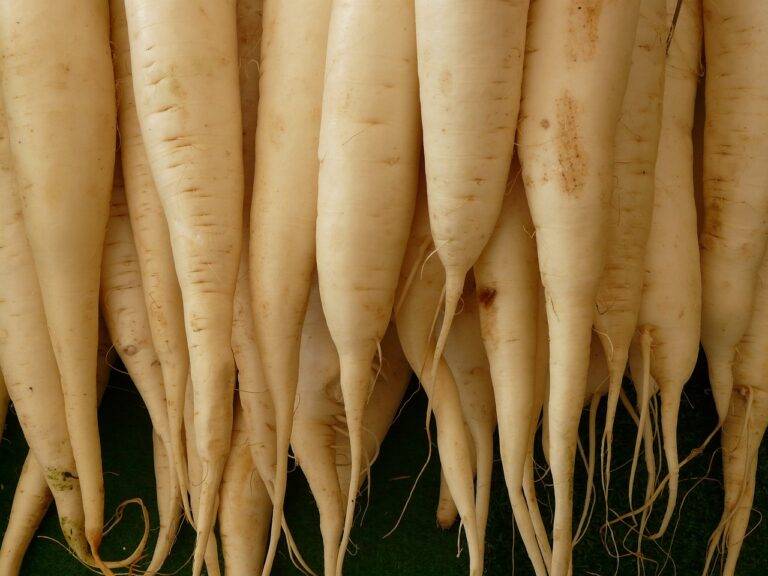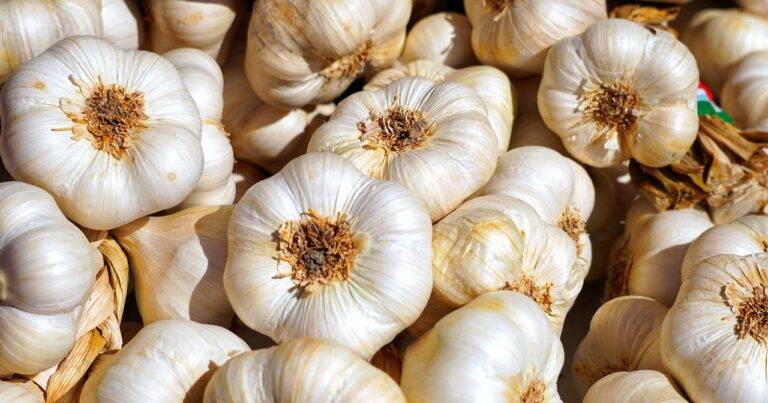The Cultural Significance of Olive Oil in the Middle East: Betbazar 247 login, Playexch in login, Gold365 id login
betbazar 247 login, playexch in login, gold365 id login: Olive oil has been a staple in Middle Eastern cuisine and culture for centuries. The rich, flavorful oil is not only used in cooking but also holds significant cultural value in the region. From its role in religious ceremonies to its medicinal properties, olive oil plays a crucial role in the daily lives of people in the Middle East.
History of Olive Oil in the Middle East
Olive oil has a long history in the Middle East, dating back thousands of years. The olive tree is native to the region, and its cultivation has been a key part of the economy and culture of countries like Lebanon, Syria, Israel, and Palestine. The ancient civilizations of the Middle East, including the Egyptians, Greeks, and Romans, all valued olive oil for its culinary and therapeutic properties.
In addition to its use in food, olive oil has been used in religious ceremonies and rituals in the Middle East for centuries. In the Bible, olive oil is often mentioned as a symbol of purity and divine favor. In Islam, olive oil is considered a blessed and sacred substance, used in rituals such as anointing the dead and lighting lamps in mosques.
Culinary Uses of Olive Oil in the Middle East
Olive oil is a key ingredient in Middle Eastern cuisine, adding flavor and richness to dishes such as hummus, falafel, and tabbouleh. The oil is also used in cooking methods such as saut驮g and frying, giving dishes a distinct taste and texture. In addition to its culinary uses, olive oil is also used as a dressing for salads and a dipping sauce for bread.
The high quality of olive oil produced in the Middle East has made it a sought-after commodity around the world. Countries like Lebanon and Palestine are known for their premium olive oil, which is prized for its fruity flavor and low acidity. Middle Eastern olive oil is often used in gourmet cuisine and is considered a luxury item in many parts of the world.
Health Benefits of Olive Oil
In addition to its culinary and cultural significance, olive oil is also known for its health benefits. The oil is rich in monounsaturated fats, which are considered heart-healthy and can help lower cholesterol levels. Olive oil is also a good source of antioxidants, which can help reduce inflammation and protect against chronic diseases.
In the Middle East, olive oil is used not only for cooking but also for its medicinal properties. The oil is often used as a home remedy for ailments such as indigestion, colds, and skin conditions. In traditional Middle Eastern medicine, olive oil is believed to have healing properties and is used in treatments for various health issues.
Sustainability and Conservation of Olive Trees
Olive trees are a vital part of the ecosystem in the Middle East, providing shade, preventing soil erosion, and supporting biodiversity. In recent years, there has been growing concern about the sustainability of olive oil production in the region. Factors such as climate change, water scarcity, and urbanization have threatened olive tree populations in countries like Lebanon and Israel.
Efforts are being made to promote sustainable olive oil production in the Middle East, including the use of organic farming practices and water-efficient irrigation systems. Organizations such as the Slow Food movement and the Mediterranean Olive Oil Network are working to preserve traditional olive groves and promote biodiversity in the region.
FAQs
1. What is the difference between extra virgin olive oil and regular olive oil?
Extra virgin olive oil is made from the first cold pressing of olives and has a lower acidity level than regular olive oil. It is considered the highest quality olive oil and has a fruity flavor and rich aroma. Regular olive oil, on the other hand, is a blend of virgin and refined oils and has a milder taste.
2. How should olive oil be stored to maintain its quality?
Olive oil should be stored in a cool, dark place away from heat and light. It is best to keep olive oil in a sealed container to prevent oxidation and maintain its flavor. Olive oil should not be stored in the refrigerator, as the cold temperature can cause the oil to solidify.
3. What are some traditional uses of olive oil in the Middle East?
In addition to cooking, olive oil is used in the Middle East for various purposes such as skincare, haircare, and medicinal treatments. Olive oil is often used as a natural moisturizer, massage oil, and lip balm in the region.
In conclusion, olive oil holds a special place in the hearts and homes of people in the Middle East. From its cultural significance to its health benefits, olive oil plays a crucial role in the daily lives of individuals in the region. As efforts are made to promote sustainable olive oil production, the rich tradition of olive oil in the Middle East will continue to thrive for generations to come.







